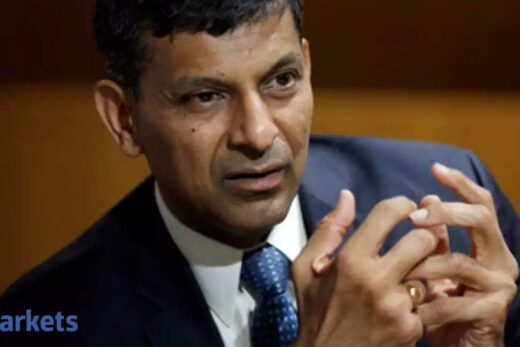The provision will be more than a quarter of the consolidated profit of Rs 1,861 crore PNB posted for the first nine months of FY21. It has already provided Rs 341.59 crore in the second quarter ended September 30. The bank is yet to report fourth-quarter and FY21 results.
PNB is the largest shareholder with a 41.64 per cent stake in Tengri Bank, which has nine branches in the Central Asian country. In 2019 it planned to merge with Capital Bank Kazakhstan and AsiaCredit JSC as part of the regulator driven consolidation due to high industry level bad loans but was subsequently called off. The local financial regulator revoked its licence in September last year citing high non-performing assets and, this February, a Kazakh court ordered to terminate its operations.
A FATEFUL DECISION AND DELAYS
It is being internally debated whether going ahead with the merger would have saved the losses, or would have consumed more capital in future because of the bad loans in the Central Asian nation which some estimate to be as high as one-third of the total assets.
PNB did not reply to emails seeking comment till press time Tuesday.
At a board meeting held in 2019 when Sunil Mehta was the managing director, it was decided to merge with two other banks but was reversed under successor SS Mallikarjuna Rao.
Last September, PNB had informed India’s stock exchanges about the Kazakh financial regulator revoking the associate bank’s licence after bad loans exceeded 80 per cent of its overall credit portfolio.

In February 2020, Tengri Bank informed the Kazakhstan Stock Exchange that PNB had withdrawn the consent given for the merger. Two months later, it informed the exchange that PNB had decided to ensure liquidity and support the bank in its operating activities.
Under the agreement, the bank had received the first tranche of $2.8 million through a credit line. Tengri Bank informed the exchange that based on the findings by a study of one of the big four consultants, the volume of capitalisation and increase in the proportion of shares would be considered.
But a delay in making the decision led to the Kazakhstan financial regulator revoking the licence for failing to meet prudential standards and other mandatory requirements.
‘ THROWING GOOD MONEY AFTER BAD’
A person familiar with the bank’s workings said the rise in NPAs was beyond what was expected and hence it was decided not to revive the bank.
“This bank was an old investment which was done to further India’s strategic interest in an important country. PNB did not have any commercial interest there. But the rise in NPAs has meant that the bank’s net worth has been eroded which means that it has to be taken as a liability and provided for in the bank’s balance sheet in India,” said the person.
According to a person close to the management, the decision to provide more liquidity and try to revive Tengri Bank was a wrong one. “Tengri had become a junk-grade investment and to invest in such a business is tantamount to good money being thrown after bad.”
There were media reports in Kazakhstan that Tengri Bank’s former chairman, Yerzhan Shaikenov, had been detained in connection with ongoing investigations into the alleged embezzlement of more than 5.4 billion tenge ($12.6 million).
A former PNB director told ET that several decisions are taken based on requirements and needs at a certain point in time. “So, while the decision may be seen as a business judgement error, there are no reasons to see it as a corporate governance issue here,” he said.
PNB’s stock, which fell 49 per cent in 2020, has gained 7 per cent so far this year, ending at Rs 35.10 on the BSE Tuesday.
Last April, as part of the consolidation announced by the government, PNB acquired United Bank of India and Oriental Bank of Commerce, making it the second-largest state-owned bank ahead of
.
On Monday, PNB opened a sale of shares to institutional investors, the second in six months, looking to raise up to Rs 1,800 crore to beef up its capital base. It raised Rs 3,788 crore in December.



